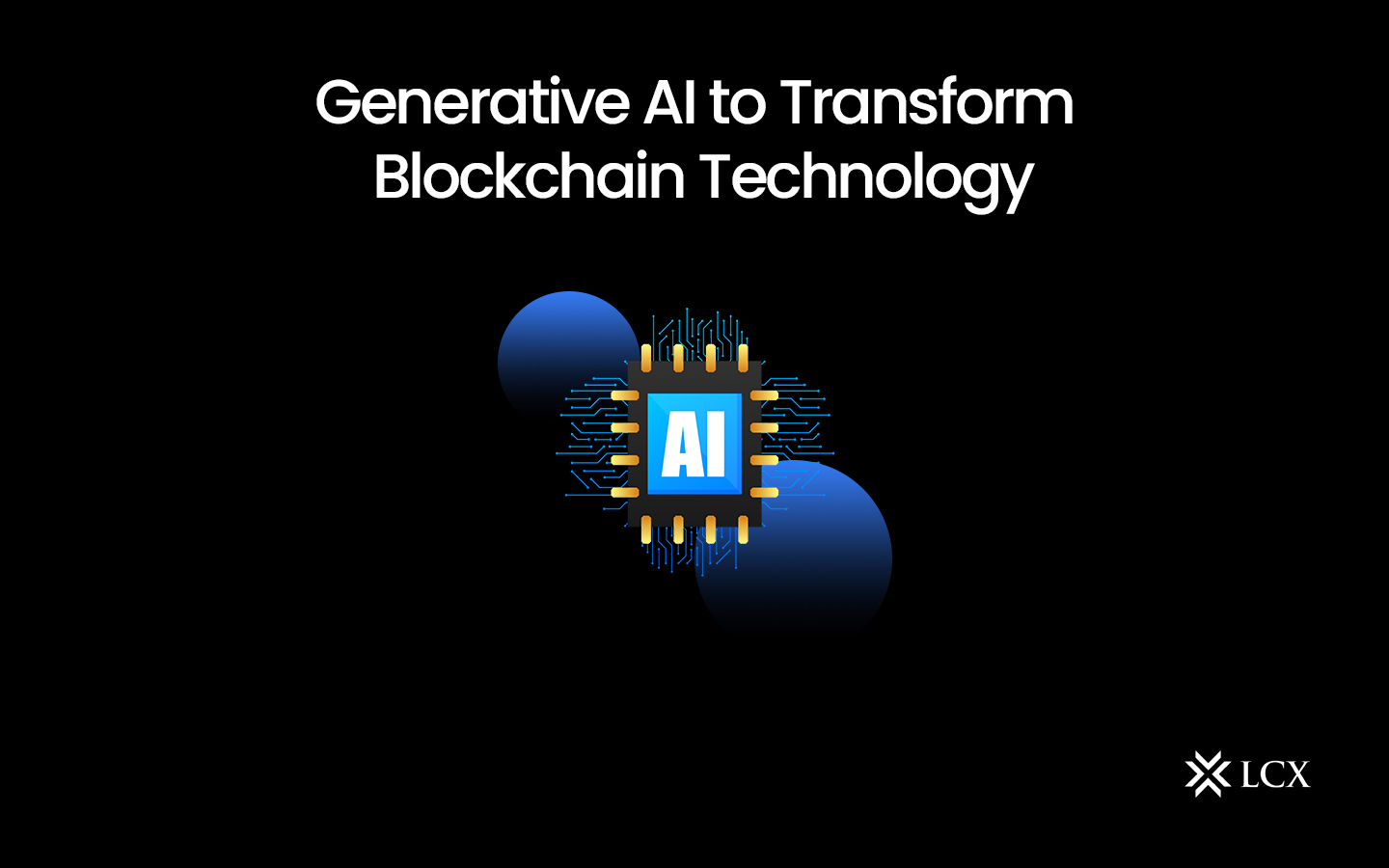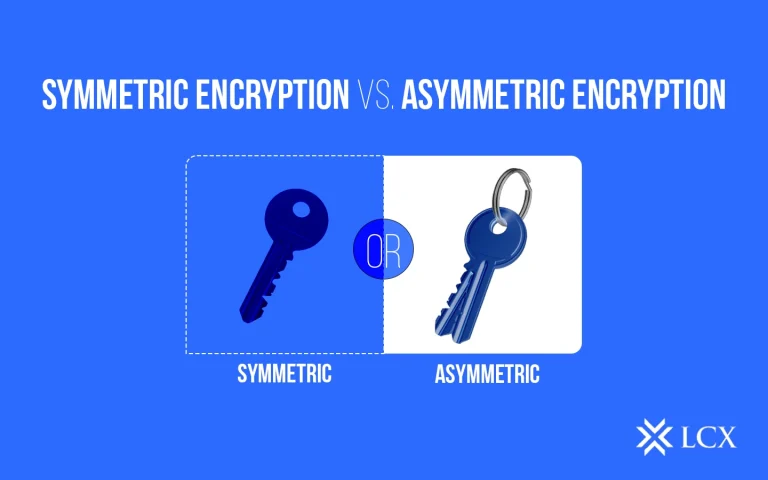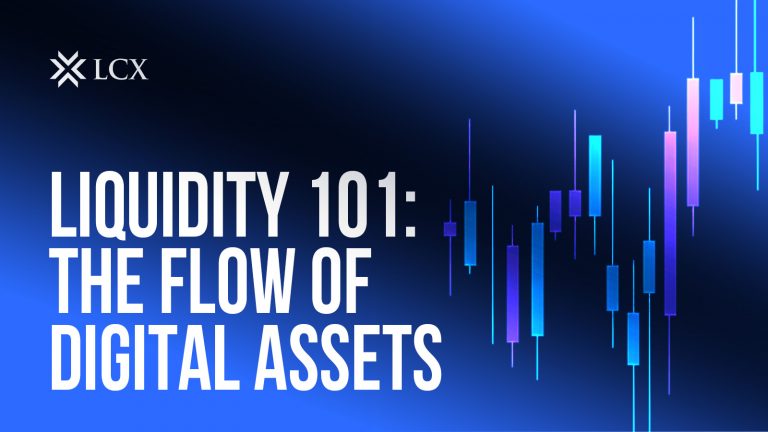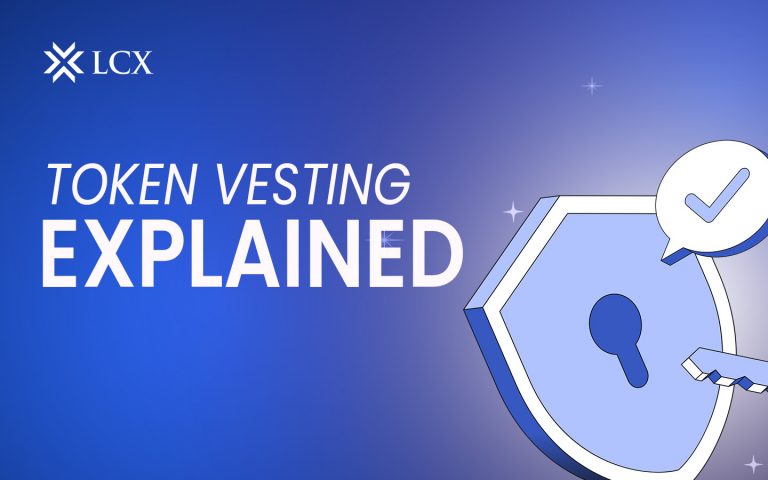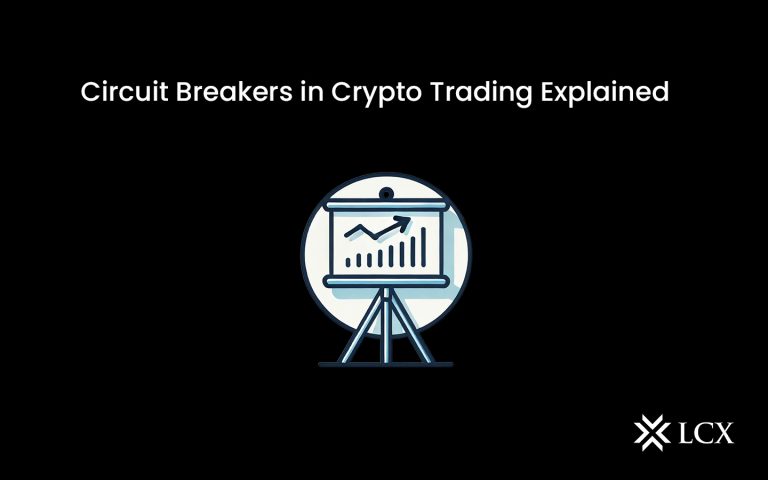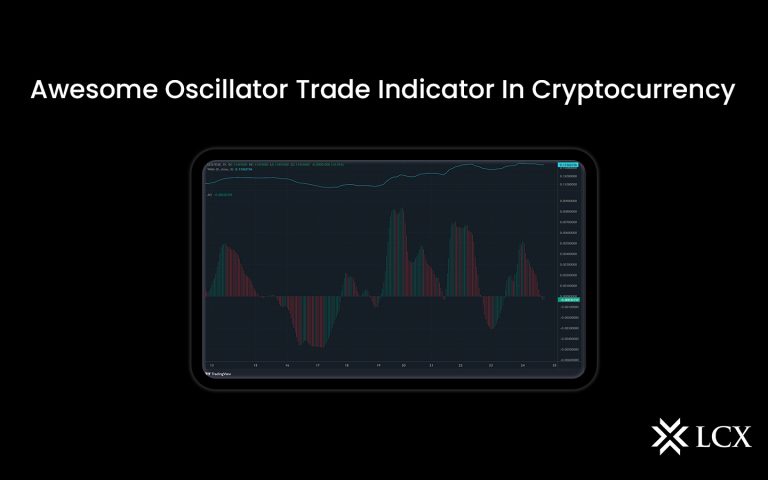Introduction
Technology is advancing exponentially, and thus the transformative impact of technologies like blockchain and generative AI (artificial intelligence) can be observed in nearly every aspect of business and our daily lives. These technologies are now indispensable in numerous fields, from healthcare to entertainment.
Blockchain provides a decentralized and secure method for storing and exchanging data, whereas generative AI enables machine self-learning and creativity. By combining the two technologies, it is possible to construct enhanced, secure, intelligent, and adaptable systems. Organizations rely on these systems to prevent data breaches, boost efficiency, and cut costs. Despite the fact that the development of each technology promotes transformation, the convergence of these technologies can offer significantly more potential across industries and businesses.
The convergence of AI and blockchain technology has the potential to transform blockchain technology and will revolutionize the way users interact with decentralized systems.
How Generative AI Will Transform Blockchain Technology
Enhancing Scalability
Scalability has long been a hurdle for blockchain adoption. The limited transaction throughput and high energy consumption of traditional blockchains have hindered their widespread use. It can address this challenge by optimizing consensus mechanisms and increasing transaction processing speeds. Through techniques such as sharding, where the blockchain is divided into smaller, more manageable parts, generative AI can enable higher transaction throughput while maintaining decentralization and security. Additionally, by leveraging AI-driven compression algorithms, generative AI can reduce the size of blockchain data, making it more accessible and scalable.
Improving Security and Privacy
Blockchain’s immutability and transparency have made it an attractive solution for secure transactions. However, privacy concerns persist, as some blockchains expose sensitive data to all participants. It can play a crucial role in enhancing security and privacy within blockchain systems. Through advanced encryption algorithms and privacy-preserving techniques, generative AI can enable selective disclosure of information, ensuring that sensitive data remains encrypted and accessible only to authorized parties. This fusion of blockchain and generative AI can establish a secure and private environment for transactions, fostering trust and confidence among users.
Enabling Smart Contract Evolution
Smart contracts are self-executing contracts with the terms of the agreement directly written into code. While they have revolutionized the way agreements are enforced in blockchain systems, they are limited by their static nature. Generative AI can unlock the potential for dynamic and evolving smart contracts by introducing machine learning capabilities. By analyzing and learning from past contract interactions, generative AI can provide intelligent suggestions for contract updates, amendments, and optimizations. This enables smart contracts to adapt to changing business needs and evolving market conditions, making them more flexible and efficient.
Facilitating Tokenomics and Decentralized Finance (DeFi)
Decentralized finance, or DeFi, has emerged as one of the most promising applications of blockchain technology. It aims to transform traditional financial systems by enabling peer-to-peer transactions, eliminating intermediaries, and providing greater financial inclusivity. Generative AI can bolster DeFi by automating complex financial processes, such as risk assessment, asset allocation, and portfolio optimization. Through intelligent algorithms and predictive models, generative AI can enhance tokenomics, enabling more accurate pricing, liquidity provision, and efficient asset management. This integration of generative AI and blockchain can unleash the full potential of DeFi, driving innovation and democratizing access to financial services.
Fueling Innovation and Creativity
Generative AI’s ability to generate novel and creative outputs has the potential to revolutionize industries beyond finance. By incorporating generative AI into blockchain technology, we can create decentralized platforms that foster innovation and creativity. These platforms can enable artists, musicians, and content creators to protect their intellectual property, monetize their work directly, and engage with a global community of enthusiasts. Generative AI algorithms can also assist in content curation, recommendation systems, and personalized experiences, enriching the user’s engagement and driving new forms of collaboration.
Conclusion
Generative AI represents a powerful tool that can transform blockchain technology, addressing its scalability, security, and adaptability challenges. By harnessing the potential of generative AI, we can unlock new opportunities in scalability, enhance security and privacy, enable dynamic smart contracts, revolutionize DeFi, and fuel innovation and creativity. The fusion of generative AI and blockchain technology has the potential to reshape industries, democratize access to financial services, and create a more inclusive and efficient digital economy. Embracing this transformative synergy can unlock the full potential of blockchain technology and shape the future of decentralized systems.
